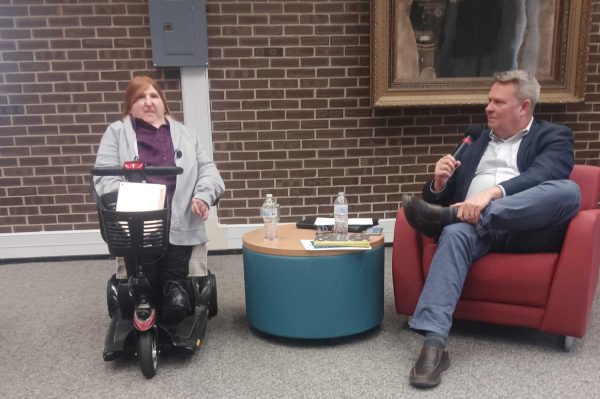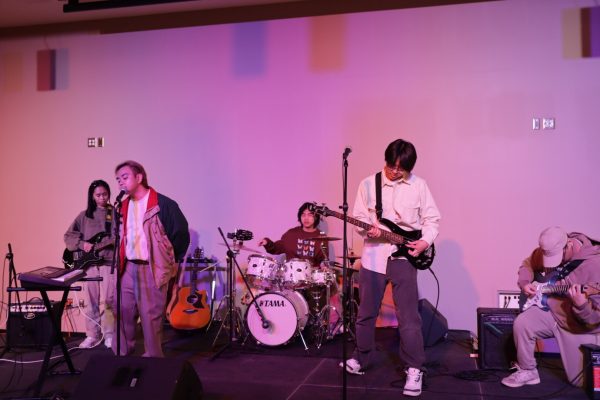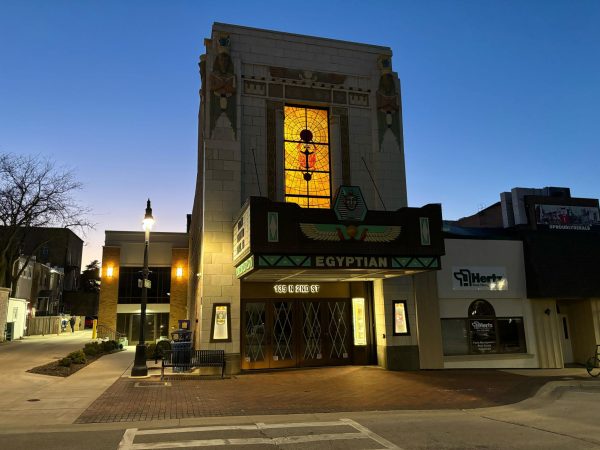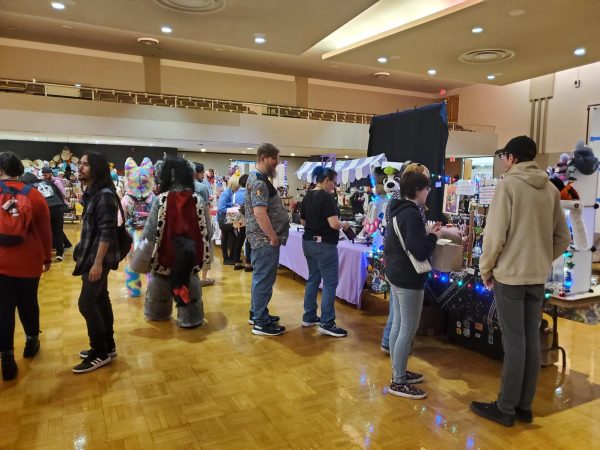‘Hateful Things’ exhibit to examine racist iconography at Pick Museum of Anthropology
January 19, 2021
DeKALB – The NIU Pick Museum of Anthropology will host a new exhibit, titled “Hateful Things,” displaying the history of racist stereotypes of African Americans throughout American history from Feb. 1 to April 9.
The 39 piece exhibit consists of racist imagery across American history detailing how racism has bled into American culture. This includes advertisements for Aunt Jemima Pancakes, books like “Little Black Sambo” and even a board game called Ghettopoly, according to the Pick Museum’s website.
“[The exhibit] examines the racist iconography across decades even into today,” Joseph Flynn, of the NIU Center for Black Studies, said. “It demonstrates how to think about racism as more than bad things that people say, but as a part of American pop culture.”
The Pick Museum was first approached byFlynn to display the Hateful Things exhibit in 2018 after he discovered the existence of the traveling exhibit in 2017, museum curator Rachalle Wilson said. Hateful Things is a traveling exhibit from the Jim Crow Museum of Racist Memorabilia at Ferris State University in Big Rapids, MI.
The Jim Crow Museum, which first opened in 1996, houses over 9,000 objects depicting the stereotyping of and the violence committed against African Americans from the late 19th Century to the present day, according to the museum’s website.
The exhibit has a great level of importance due to how many of these objects aren’t foreign to most Americans, Wilson said. In fact, imagery like Aunt Jemima has been a recognizable part of American popular culture for decades.
“The goal is really to talk about and explore anti-black and racial issues that are affecting us to this day,” Wilson said. “Many of these objects are still being utilized today and, by discussing how they’re still deeply rooted in society, we can promote healing.”
With 2020 displaying acts of police brutality, like the homicide of George Floyd, and subsequent protests against police brutality, the exhibit also has an aura of timeliness, Flynn said.
“I think that over the past year, a critical mass of the population has begun to understand what African Americans deal with,” Flynn said. “This exhibit can allow people to have an understanding of what [stereotyping] is like spiritually and how it does impact your soul.”
Not only does the exhibit align with the current discussion of race on a national level, but also locally as the exhibit arrives only months after NIU’s Center for Black Studies was vandalized with a racial slur in September. The defacing resulted in condemnation from NIU and protests at NIU’s campus, according to a Sept. 23 Northern Star article.
“Everyone needs to see [the exhibit] in order to engage and talk about it,” Wilson said. “This includes white people because these products were developed for white consumers. They can recognize why they’re hurtful and make better allies.”Due to COVID-19, the museum is only available by appointment. To make a 45 minute visit, visit the Pick Museum’s EventBrite page.












